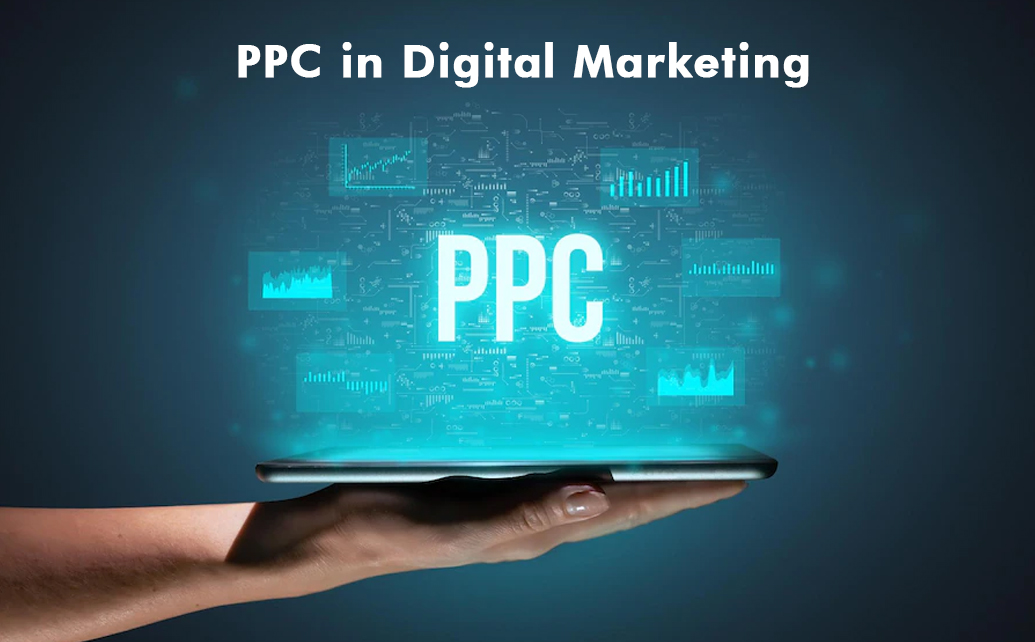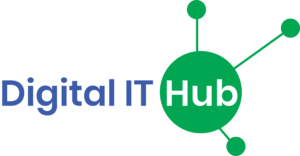Performance Marketing Services
Performance marketing, which combines paid advertising with brand marketing, describes advertising campaigns in which affiliates and marketing firms are only compensated when a targeted action, such as a closed lead, sale, booking, or download, is achieved.
One overlooked digital marketing strategy is performance marketing. With performance marketing, advertisers are only compensated when specific events occur. for instance, when a viewer clicks through to their page or makes a purchase.
The primary duties of the performance marketing manager include managing digital accounts and varying the channel mix through sponsored social platforms. She drives the commercial performance of the marketing department by concentrating on results related to campaigns.
Performance Marketing Specialist
The maintenance of accounts on online platforms and the creation and implementation of electronic communication initiatives fall under the purview of the performance marketing specialist.
Today’s marketers have the amazing capacity to collect campaign data around-the-clock and monitor results in real time. While attribution was previously practically impossible, data transparency today allows marketers to improve the performance of their campaigns. And that’s why it’s called “performance marketing”.
The Benefits of Performance Marketing
- It’s trackable and measurable. Advertisers and marketers only receive payment for successful transactions in performance marketing.
- Performance marketing extends your advertising reach.
- It helps diversify your revenue stream.
- Affiliates enhance the originality and ingenuity of your marketing.
Crucial Elements of Performance Marketing
- ads that catch attention.
- placing them in relevant locations (targeting)
- user-friendly landing pages for click ads.
- monitoring and adjustment to increase click response.
SEO is a part of Performance Marketing
Performance marketing has expanded and now includes any marketing strategy that will enhance your brand. However, the main areas of focus include: email marketing, search marketing (SEO and PPC), conversion rate optimization, content marketing and many more.
Here’s how you develop a successful digital marketing plan:
- Explore the landscape and analyze your results.
- Map out your strategy.
- Define your target audience.
- Build your content strategy.
- Choose your channels and tactics.
- Set key performance indicators and benchmarks.
- Execute with best practices.
- Analyze and adjust.
A high

will fulfill your customers’ demands at every stage of the buying process, even when they aren’t even thinking about making a purchase! A flexible, adaptable strategy that meets your clients where they are will be effective.
Performance Marketing Channels
Performance marketing offers a wide range of forms, including social media, native ads, CTV commercials, audio ads, display ads, and search marketing. By exposing your brand to the users of each site, they enable you to enter new markets.
11 marketing activities
- Conduct market research.
- Segment your customers.
- Enhance customers’ experiences.
- Create engaging and informative content.
- Target customers with high bounce rates.
- Distribute newsletters.
- Budget for more ads.
- Develop an effective pricing system.
- Establish Product distribution Channels
- Conduct Cold Calls
- Implement Search Engine Marketing Strategies
Together Brand and Performance Marketing
DTC marketers can have a bigger impact and achieve better measurability by combining brand and performance initiatives. They begin with brand marketing to gradually create their persona and point of view, then add performance marketing to bring their offer directly to customers, all of which are supported by quantifiable data.





